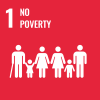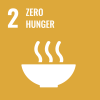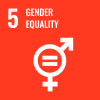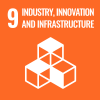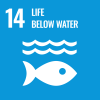
The aim of this report is to present evidence towards how Information and Communication Technologies for Small-scale Fisheries (ICT4SSF) might enable and support the implementation of the FAO’s Voluntary Guidelines for Securing Sustainable Small-Scale Fisheries in the Context of Food Security and Poverty Eradication (SSF Guidelines). We present case studies of ICT4SSF initiatives in different use areas to identify key themes and reflect on successes and failures.
The case studies presented in this publication are grouped into three broad categories of ICT uses, framed by the SSF Guidelines, with disaggregated uses within each category. The purpose was to explore how ICTs can support the achievement of the objectives in the SSF Guidelines.
The first of these categories, Management, tenure and ecological sustainability, relates to chapter 5 of the SSF Guidelines and encapsulates the uses of ICTs to record, collate and communicate survey data used in evaluating and monitoring the primary productivity and ecosystems of small-scale fisheries. The second category, Well-being, decent work and gender equality, represents chapters 6, 8 and 9 of the SSF Guidelines and includes cases of safety at sea and where ICTs are improving wellbeing and gender equality by connecting people and providing information. The final category, Value chains, benefit distribution and poverty alleviation, align with chapter 7 of the SSF Guidelines and includes cases of ICTs being used to provide market knowledge or improve product value through traceability.

